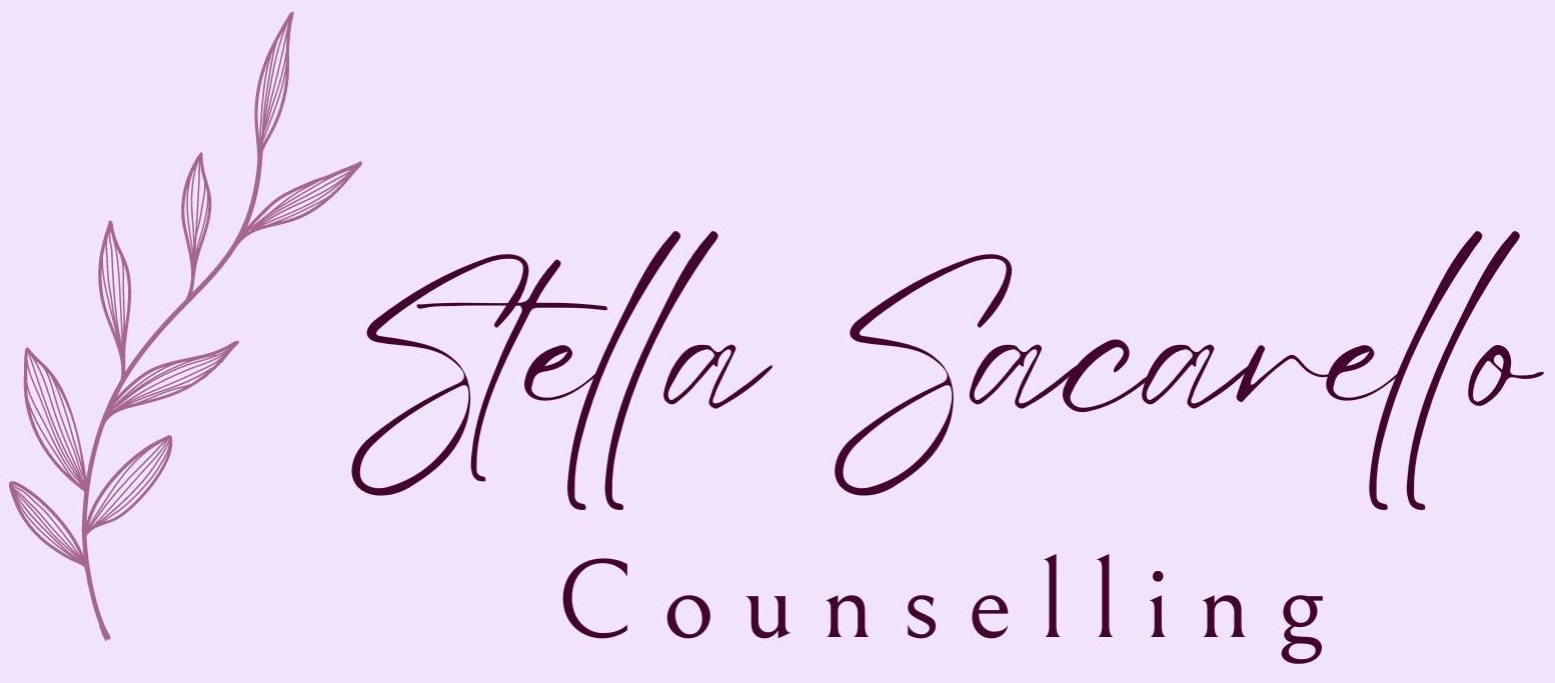When looking for a counsellor, you might find a lot of counsellors who say that they are “person-centred” but don’t really explain what this means.
So what does it mean?
In this blog post I’ll answer this question and more, including
- What does a person centred therapist do and not do?
- How is it different from other types of therapy?
- How do I know if this type of therapy is right for me?
Note: I refer to therapy and counselling interchangeably, same with therapist and counsellor.
What is person-centred therapy?
Person-centred therapy is a talking therapy which views the client as the expert.
The client decides what is important to them and what they would like to address in therapy. It’s likely that you as the client would do the bulk of the talking, especially at the start.
Put simply, the counsellor’s role is to listen with empathy and reflect the client’s feelings and experiences back to them.
Counsellors aim to create a safe space where the you can talk freely and feel understood and accepted.
The counsellor takes the client’s lead in what topics to discuss. We won’t give advice, but might sometimes bring the focus back to you or the goals that we agree on at the start of counselling.
As person-centred counsellors, we aim to encourage your autonomy and empower you to find your own answers, solutions and make your own decisions.
We will explore what you are feeling and pull together patterns and themes to help you make sense of your stories and experiences.
(Remember that we are human and can be wrong about these, so don’t be afraid to correct us).
What does a person centred therapist do and not do?
- We create a safe and confidential space where you can be fully accepted
- We listen and reflect your feelings and experiences back to you to highlight what matters to you
- We pull together patterns and themes and help you make sense of your stories and experiences
- We support you in exploring your options and making decisions
- We don’t usually give you advice or homework
- We don’t diagnose you
- We don’t tell you what to do
- We don’t judge you
- We don’t ‘fix’ you (because you’re not broken)
How is it different from other types of therapy?
Some other types of therapy are more structured and may involve homework. Cognitive behavioural therapy (CBT) is one example of this.
Person-centred therapy uses a more flexible and conversational style of communication. The sessions may feel a little more casual. You might talk about the same things in both types of therapy and work towards the same goals, but in a slightly different way.
Other forms of therapy may focus primarily on your past and childhood and how that has influenced you today. In person-centred therapy you get to choose whether you focus on your past, present or future. We explore what your experiences mean to you and acknowledge your feelings and their importance.
How do I know if this type of therapy is right for me?
Person-centred therapy may be for you if you want to explore your experiences, learn more about yourself, or build confidence or self-esteem.
It can be effective for issues such as anxiety, stress, depression, bereavement and loss, family issues, relationship issues, life changes, low-self-esteem, identity issues, sexuality, and more.
You decide what you talk about, whether sessions are short term or long term and whether the therapy is working for you.
You can come to therapy with several issues you want to work through, and it's okay if you have a different focus to bring each session.
It may be useful to think about whether you prefer a structured approach or a more casual, conversational approach.
You don’t need to have a lot to say at the beginning, as people are often surprised by how much they have to say by the end of a session.
If you have never had therapy before, this can be a good place to start. Remember you can always stop or look into another type of therapy if you find it's not working for you.
If you are interested in trying person-centred therapy, contact me to find out about my availability here.
If you would like to learn more about me or my counselling service, you can do so here.
